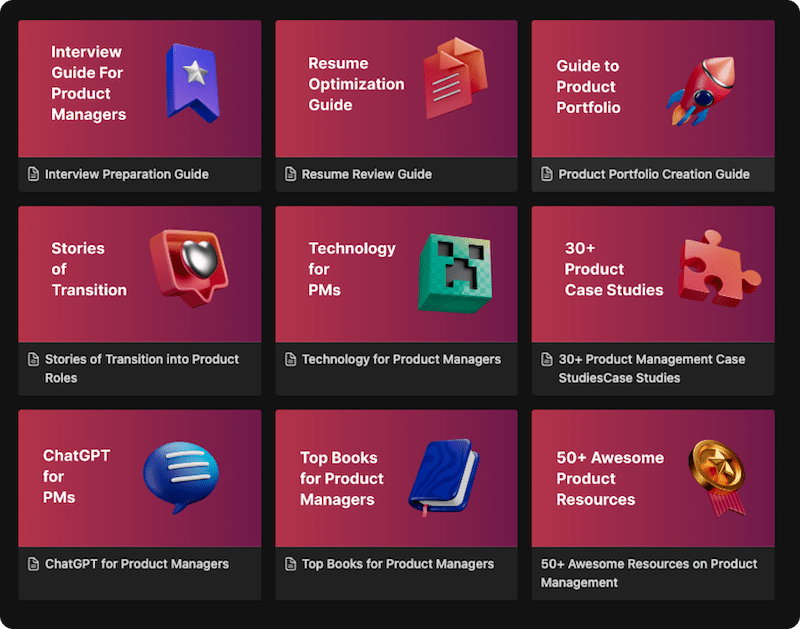Book Summary of The Secrets of Consulting by Gerald Weinberg
“The Secrets of Consulting” by Gerald Weinberg is a timeless guide for consultants, coaches, and advisors seeking to enhance their effectiveness and impact. The book delves into the complexities of the consulting profession, offering practical insights, strategies, and principles to excel in the field. Weinberg’s wisdom, humor, and expertise shine through as he shares his secrets for building successful consulting relationships and navigating challenges with clients.
Outline Summary: “The Secrets of Consulting” is divided into three parts, each focusing on different aspects of consulting success. Part I explores the fundamental principles underlying successful consulting, emphasizing the importance of relationships, communication, and understanding clients’ needs. Part II delves into the dynamics of client-consultant interactions, addressing common challenges and offering strategies for managing expectations, resistance, and change. Part III provides valuable lessons on how to grow and sustain a thriving consulting practice, offering insights into marketing, contracts, and ethical considerations.
Core Elements of the Book
- Building Successful Relationships: Weinberg emphasizes the significance of building strong and trusting relationships with clients. Effective communication, active listening, and empathy play crucial roles in understanding clients’ needs and creating a foundation for productive collaborations.
Example: A consultant is hired to improve the productivity of a software development team. Rather than diving into immediate action, the consultant spends time observing the team’s dynamics and listening to their challenges. This empathetic approach allows the consultant to uncover deeper issues, such as poor communication and unclear goals, and address them effectively, leading to improved team performance.
- Managing Resistance and Change: Consulting often involves introducing changes, which can lead to resistance from clients and stakeholders. Weinberg provides insights into managing resistance and facilitating successful change by involving clients in the process and addressing their concerns.
Example: A consultant is engaged to implement an agile methodology in a traditional, hierarchical organization. Many employees resist the change, fearing a loss of control and uncertainty. The consultant conducts workshops, involving employees in the process of adopting agile practices and addressing their concerns. By acknowledging their anxieties and providing support during the transition, the consultant gains trust and fosters a smoother adoption of agile principles.
- Navigating Ethical Dilemmas: Weinberg delves into ethical considerations in consulting, emphasizing the importance of integrity, confidentiality, and the responsibility to prioritize clients’ best interests.
Example: A consultant is approached by two competing organizations to gather market intelligence on each other. The consultant must navigate an ethical dilemma of maintaining confidentiality and ensuring that information is not used to harm either client. In such situations, the consultant should maintain professional ethics and avoid engaging in any activities that compromise trust or integrity.
Practical Application:
- Build genuine relationships with clients based on trust, transparency, and empathy.
- Communicate effectively to understand clients’ needs and expectations.
- Collaborate with clients during the change process, involving them in decision-making and addressing their concerns.
Core Lessons
- Effective consulting goes beyond expertise; it involves building strong relationships, active listening, and empathetic understanding.
- Embrace change and manage resistance by involving clients in the process and addressing their fears and anxieties.
- Uphold ethical standards and prioritize clients’ best interests in all consulting interactions.
Key Takeaways
- “The Secrets of Consulting” provides timeless wisdom and practical strategies for consultants to succeed in their profession.
- Building genuine relationships and understanding clients’ needs are vital components of effective consulting.
- Navigating resistance, facilitating change, and adhering to ethical principles are crucial for maintaining professional integrity.
In conclusion, “The Secrets of Consulting” offers invaluable guidance for consultants seeking to excel in their profession. By embracing the core principles and applying the practical insights provided by Gerald Weinberg, consultants can enhance their impact, foster productive relationships with clients, and create lasting positive change in the organizations they serve.
 WATCH HELLOPM COHORT IN ACTION
WATCH HELLOPM COHORT IN ACTION

